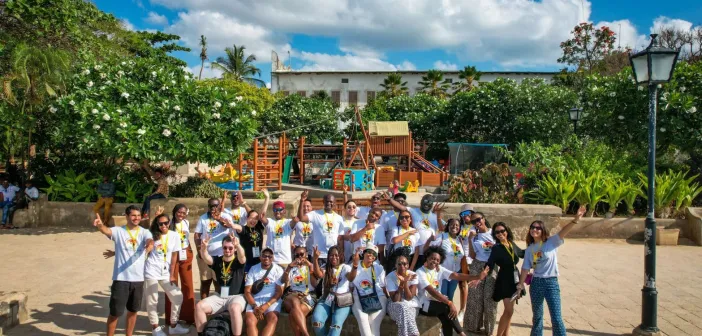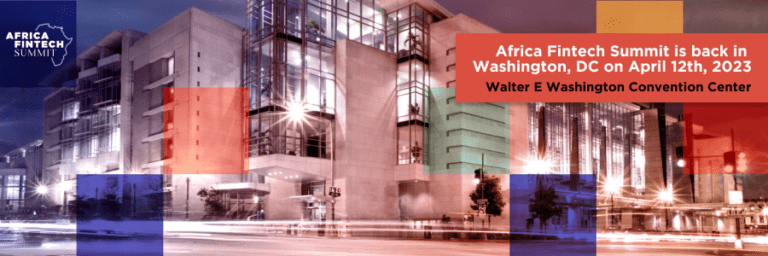Nigerian brands and agencies need an overhaul to stand out in the Metaverse

The marketing communications sector has historically been sluggish to react to major technical advances, from the inception of the modern internet to the shift to mobile, social, and cloud in Web 2.0.
With the introduction of Metaverse and other new blockchain concepts and solutions that are Web 3.0 compatible, companies and agencies that fail to build a framework strategy that allows for early testing will fall behind.
Prior to the emergence of Metaverse, Facebook and other major tech companies expressed their belief that the customers/consumers of the future would be found in Metaverse. However, who will sell and market to these customers/consumers? Are brands and agencies set up to capitalize on the burgeoning market channel that Metaverse promises?
Responding to MARKETING EDGE questions, some Nigerian digital agency eggheads and professionals said that seamless adoption/adaption will necessitate far deeper agency-brand ties and fluid internal structures.
However, it was stated that legacy structures and thinking could be the most significant barriers to marketing innovation.
“Historically, agencies and brands have been sluggish to accept new marketing opportunities due to legacy structures, partnerships, and a lack of specialized personnel,” stated Bukola Akingbade, Founder and CEO of Kucheza Gaming.
“When we first began digital agencies in Nigeria, audience and behavioral data were readily available, the numbers were huge, and the trend of digital’s potential impact on the sector was evident.” Despite this, adoption has been extremely low for years, and investment in upskilling expertise has been less than it could have been. Despite the fact that “digital” has been mainstream for over fifteen years, agency and brand structures in Nigeria remain mainly compartmentalized. Adoption of additional cross-functional teams and disciplines is still uncommon.”
The Metaverse conversation, she claims, will be no different. It will merely magnify or widen existing disparities. The newly formed Metaverse universe will be more decentralized, resulting in a more empowered consumer. The task will be to introduce an interruptive mindset into a fluid, data-driven environment.
“Brands and agencies must reconsider their business structures, investment strategies, and plans for further collaboration.” “They must plan for a much deeper business strategy relationship, plan for not having all the answers going in, and learn and adjust along the way,” Akingbade added.
In response to a question, Emeka Obia, Strategy Lead at Leo Burnett Lagos, stated that Metaverse already signals a potential future shift away from traditional display advertising and toward creating immersive brand experiences that are more engaging and exciting, as well as less invasive than they appear today. “There is a huge opportunity for both brands and agencies to thoroughly understand the concept as it would undoubtedly become a lot more complicated for both parties – especially as we begin to grapple with the incredibly powerful combination of digital currencies, blockchain, and massive real-time 3D experiences.”
“One thing is certain, the advertising opportunity is big, but the experience opportunity has the potential to be substantially more successful,” he added. Long-term winners will be brands and agencies prepared to experiment with generating valued experiences at the convergence of real and virtual places.”
On his part, Johnson Anorh, Founder of Oakland and Johnson, stated that Metaverse will be the biggest thing in the world. “It’s a completely immersing experience for humanity.” It is possible to live in a digital environment. You’d go shopping as you normally would. Any immersive experience brings a brand closer to its target audience.”
He went on to say that agencies that are prepared will have no choice but to restructure to accommodate this new way of life. “But it’s still early days, and we’ll get there gradually.” For the past few years, the agency’s structure has been evolving, and some are simply too traditional to notice. For behavioural artists like us, this will be an exciting period.”







